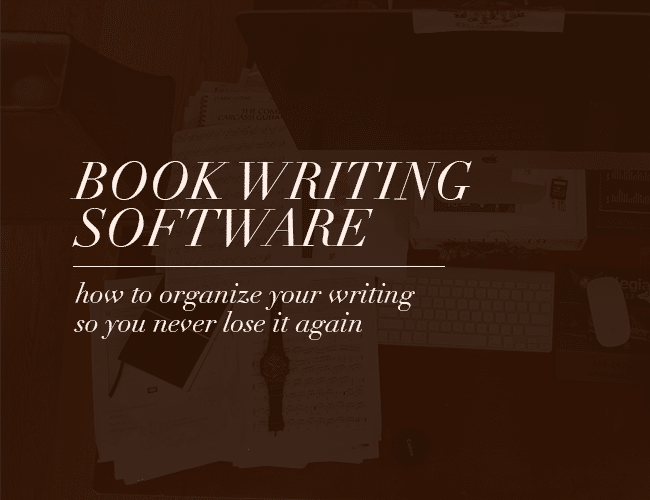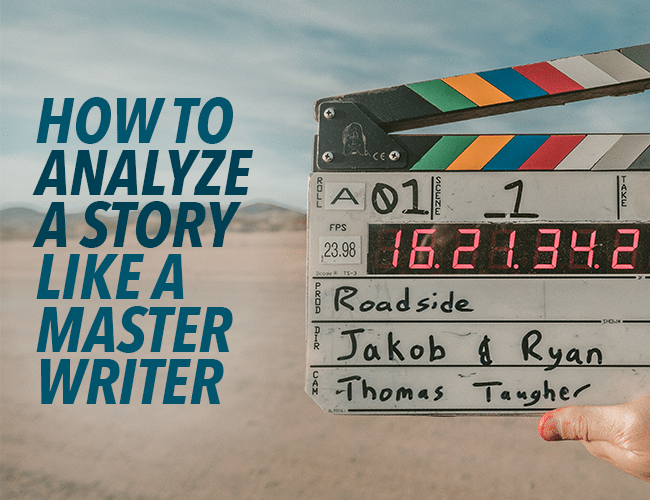
by Sue Weems |
Authors often get asked where they get their story ideas. It’s one of the most common questions my student writers wish they could ask their writing heroes. They think, “If I could just find a way to come up with the next best-selling story idea like [insert famous author], then I’ll make it as a writer!”
But they misunderstand one critical truth: the magic isn’t in the ideas. It’s in the execution. We need the ideas to get started, but many writers don’t have a system for capturing the ideas around them daily, and they don’t develop ideas consistently in practice.
We all have files full of unfinished projects and story ideas spread across notebooks and online platforms. Why do ideas lose their luster the moment we start writing them?

by Sue Weems |
How organized are you? I realized last year that I had spread my writing over various notebooks and virtual programs and platforms to the point that it took me an hour to find a snippet I wanted to use. The best book writing software will help you get your words on the page, but it won’t organize them on your computer so you can find them again — as I experienced firsthand while hunting down that snippet.
By the time I finally found it, I was frustrated and worried that maybe I was losing more writing than I was saving. Not losing it in the sense that the writing was gone, but losing track of where and how I manage my writing process.
Where do you keep your writing?

by Sue Weems |
I stood in a long line last week while a single checker bumbled through multiple orders, finally requiring a manager to come take over. I’m a notorious snoop (I mean, people-researcher), so I began furtively sizing up the purchases of those around me while I waited. And what I found was a fantastic writing prompt.

by Sue Weems |
As writers, there is no replacement for reading as a practice to become a better writer, but studying film or television can be just as instructive.
Ultimately we’re building models for our own work by asking one critical question. What if that one question could make you a stronger reader, viewer, and ultimately writer?

by Sue Weems |
There are three words that can kill any dream before it leaves the ground: “As soon as …” As soon as I finish this course … as soon as I get noticed … as soon as I revise … as soon as I get a marketing plan in place … as soon as the kids are in school … as soon as I ride the glitter pony of creativity … and on and on.
Yes, it is helpful to have action steps that inform your forward motion, but for too many of us who want to do creative work, we’re waiting on something that isn’t really keeping us from our writing. Our real barriers are beliefs that tell us we have to wait for the right conditions, along with the false assumption that one day we’ll “arrive” at our goal of being a successful writer and the need to create will feel satiated.
Newsflash: those “right” conditions and that “perfect” moment are not coming.




